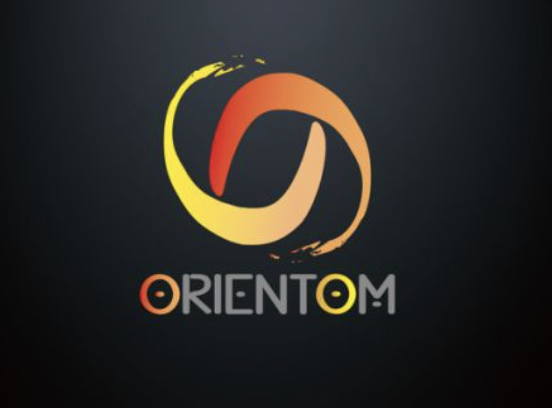Orientom, Quandela Sign Agreement to Explore The Use of Quantum Computers to Solve Energy Grid Problems

Insider Brief
- Orientom announced that it had signed an agreement with Quandela to jointly develop a quantum software platform.
- The companies will work to develop practical quantum hybrid applications that utilize both classical and quantum computing resources and apply them to the next-generation power grid.
- Both companies focus on optimization problems related to distributed energy generation and transmission.
PRESS RELEASE — Orientom (CEO Seung-Hyeon Alfred Bang) announced that it had signed an agreement with Quandela, a global quantum computing company, to jointly develop a quantum software platform.
Both companies are focusing on using quantum computer technology to develop innovative solutions that address both power grid optimization and security issues and increase the efficiency of distributed energy systems.
The goal is for companies to develop practical quantum hybrid applications that utilize both classical and quantum computing resources and apply them to the next-generation power grid, with new energy management and planning that has not been solved for decades.
Both companies focus on optimization problems related to distributed energy generation and transmission, as well as new energy transportation and exchange methods, such as energy trading or forming microgrids. It aims to evaluate potential quantum utility optimization applications in the energy grid with Orientem’s quantum software platform (Atom-QTm).
Qandela, a French quantum computing company, recently launched its first pilot manufacturing line for high-performance photonic qubit devices, aiming to accelerate the deployment of error-correcting quantum computers. The company opened its first quantum computer factory in 2023 and has already provided two quantum computers to industrial customers.
To build large-scale quantum computers, Qandela uses a pioneering approach that combines integrated photonics technology with semiconductor quantum dot-based devices that act as both spin qubits and photon generators. The technology is rooted in 20 years of top-level scientific research conducted at the French Institute of Communications and the French National Research Institute CNRS. The know-how was transferred to Qandela in 2017, and packaged devices have been commercialized since 2018.
To discover, learn, test, and develop the distributed traffic processing and energy (electric grid) algorithms being developed by Orientom, Qandela provides advanced quantum servers and easy-to-use software for creating and manipulating quantum circuits. It also provides access to middleware for running hybrid quantum-classical workflows in heterogeneous computing environments.
Niccolo Somaschi, CEO of Qandela, said, “Through this cooperation, we will apply the various use cases of quantum computers that are being demonstrated in Europe and North America to Korea, helping Korea take the lead as a global quantum test bed.”
“As global energy demand is rapidly increasing due to the spread of new renewable energy and electric vehicles, the importance of an energy grid with high efficiency and low carbon emissions is increasing,” said Orientom CEO Bang Seung-hyun. “Quantum computing solves problems that cannot be solved with existing methods.” “It will become a core technology in the future energy transition.”
